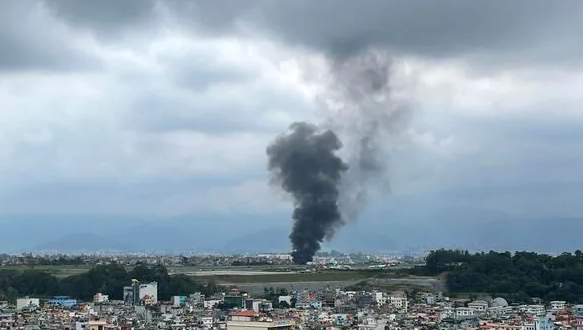Tensions Soar in Gurugram, India, as Muslim-Owned Businesses and Mosques are Attacked
Gurugram, a predominantly Hindu city near India’s capital, New Delhi, is experiencing a wave of fear and unrest following violent attacks on Muslim-owned shops and places of worship. On the night of July 31, a Hindu far-right mob allegedly attacked the Anjuman Jama mosque in Gurugram’s Sector 57, setting it on fire and tragically killing its 22-year-old deputy imam, Mohammad Saad.
 Shadab Anwar sits in an ambulance carrying the body of his slain brother, Mohammad Saad, to his hometown [Md Meharban/Al Jazeera]
Shadab Anwar sits in an ambulance carrying the body of his slain brother, Mohammad Saad, to his hometown [Md Meharban/Al Jazeera]
The attack came shortly after deadly communal violence erupted in the neighboring Nuh district, where clashes during a Hindu religious procession organized by the Vishwa Hindu Parishad (VHP) and Bajrang Dal resulted in four deaths, including two policemen. In response to the unrest, authorities have deployed additional troops, imposed a curfew, and suspended internet services in Haryana.
Despite these measures, Hindu mobs continued their attacks on Muslim-owned shops, roadside eateries, and properties not only in Gurugram but also in nearby towns like Sohna. The situation remains tense, with Bajrang Dal members holding rallies and chanting inflammatory slogans.
Gurugram, often referred to as the “millennium city” due to its appeal to multinational corporations and upscale shopping centers, now grapples with the aftermath of the violence, and concerns have arisen ahead of the upcoming Group of 20 (G20) summit in New Delhi.
While authorities are investigating the incidents, Prime Minister Narendra Modi has not yet addressed the situation, even as questions linger about a potential hate crime involving a railway security officer who killed a colleague and three Muslim passengers. The atmosphere remains fraught with fear and uncertainty as the community seeks answers and justice.



